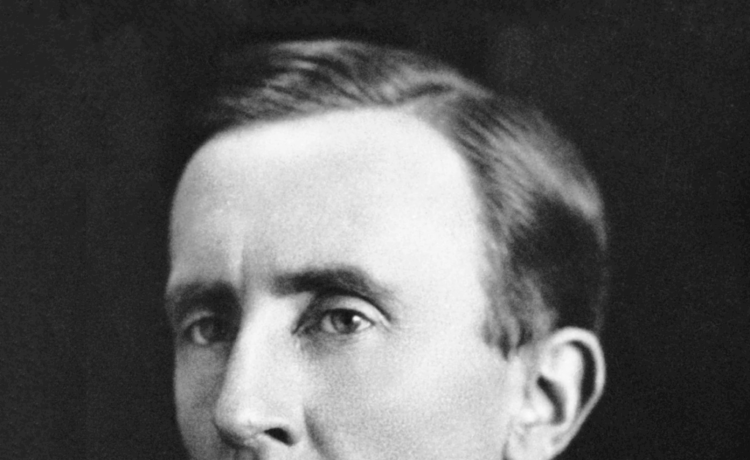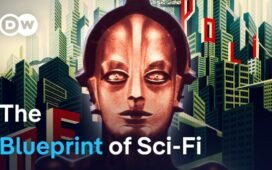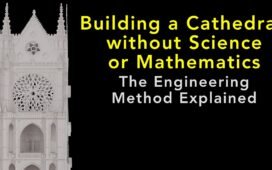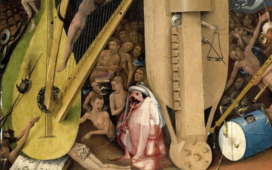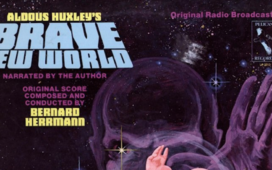https://www.youtube.com/watch?v=playlist
If you wanted to hear the voice of your favorite writer in the nineteen-sixties — a time before audiobooks, let alone podcasts — you consulted the catalog of Caedmon Records. That label specialized in LPs of literary eminences reading their own work. This may or may not be the kind of company in which you’d expect to find a writer of high fantasy like J. R. R. Tolkien. But in 1967, just as The Lord of the Rings was enjoying a burst of counterculture-driven popularity, the label put out the album Poems and Songs of Middle-Earth, which you can sample above.
https://www.youtube.com/watch?v=playlist
Tolkien’s voice had been put on a commercial record just once before, in 1930, years before he’d published even The Hobbit. That was for a series of English lessons by Arthur Lloyd James, the ill-fated phonetician who pioneered standards of pronunciation in broadcasting. Tolkien had already established himself at Oxford as a philologist, which may have had something to do with his selection to participate in such a project.
Not that Tolkien himself sounded quite like the ideal BBC announcer, but then, the vast readership he would later accrue with his novels wouldn’t have wanted him to — and indeed, they’d thrill particularly to the recordings he would make not in English at all, but in Quenya and Sindarin, two Elvish languages of his own invention. The album’s second side is taken up by The Road Goes Ever On, a song cycle adapted from Tolkien’s poems of Middle-Earth by prolific composer and performer Donald Swann.
https://www.youtube.com/watch?v=playlist
Later, in the seventies, the now defunct label would assemble the material for two more releases featuring the author’s voice and the author’s voice alone, one with selections from The Hobbit and The Fellowship of the Ring and another with selections from The Two Towers and The Return of The King. By that time, there was a large and receptive market for such product. “I presume that most people who buy this record will already have read Professor Tolkien’s tetralogy,” say the liner notes for Poems and Songs of Middle-Earth, describing that tetralogy as “a work that will either totally enthrall you or leave you stone cold, and, whichever your response, nothing and nobody will ever change it.” The writer adds that, “as a member of the enchanted party, I have found by experience that it is quite useless to argue with the unconverted.” His name: W. H. Auden.
Related content:
J. R. R. Tolkien Writes & Speaks in Elvish, a Language He Invented for The Lord of the Rings
110 Drawings and Paintings by J.R.R. Tolkien: Of Middle-Earth and Beyond
J. R. R. Tolkien in His Own Words
Based in Seoul, Colin Marshall writes and broadcasts on cities, language, and culture. His projects include the Substack newsletter Books on Cities and the book The Stateless City: a Walk through 21st-Century Los Angeles. Follow him on the social network formerly known as Twitter at @colinmarshall.

